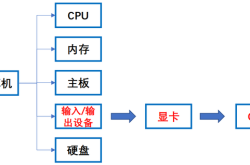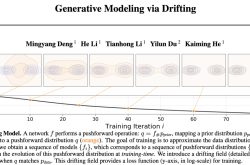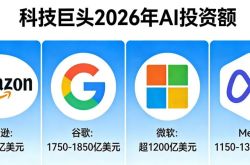Can JiYue become the epitome of AI technology, and will consumers be willing to pay for it?
![]() 12/02 2024
12/02 2024
![]() 451
451
Lead
Not long ago, a frequently used term at Baidu's 2024 World Conference was AI. Baidu, which has been deeply engaged in the field of AI for many years, has launched numerous AI-related products in recent years. This year alone, it has released multiple application tools such as Free Canvas and ERNIE Bot iRAG. Baidu is also planning to implement AI technology in various fields such as transportation, healthcare, entertainment, and education. Among these applications, the automotive brand JiYue, jointly created by Baidu and Geely, has become the epitome of AI technology.
Produced by|Heyan Yueche Studio
Written by|Cai Jialun
Edited by|Heyi Zi
Full text: 1812 words
Reading time: 3 minutes
Since its inception, the JiYue brand has been labeled as an automotive robot. As one of the first companies to propose the application of AI technology in automobiles, JiYue is leading a new race. Amidst the transition to electric and intelligent vehicles, competition among automakers has shifted from traditional hardware comparisons to software competitions. With the widespread application of AI technology, end-to-end large models have become the new "hotcake" in the competition among automakers.

△JiYue labeled as an automotive robot
With the rise of AI-driven driving, can the prosperity of new energy vehicles be replicated?
As AI and automobiles become increasingly intertwined, major automakers are eager to make a name for themselves in the field of AI-driven driving. JiYue, a joint venture between Baidu and Geely, has been shouting about creating a new species of automotive robots since its inception. At the 2024 Guangzhou Auto Show, JiYue unveiled the AI-driven supercar JiYue ROBO X, combining autonomous driving, AI technology, and supercar features. It is officially defined as the world's first supercar to project L4 autonomous driving technology onto the racetrack.
Although JiYue was established in 2021 (formerly Jidu Auto), it has not achieved outstanding sales performance within three years. Compared to most new energy vehicle makers, JiYue, which focuses on building smart cars, has only shown improvement this year. Major automakers have been engaged in intense competition in the new energy field until this year, when competition in intelligent driving technology has reached unprecedented heights. AI technology has become a "high ground" that many automakers are scrambling to capture. XPeng, which has always excelled in intelligent driving, plans to make a comprehensive layout around AI in the next decade, transforming XPeng into a global technology company with AI technology at its core. NIO and Li Auto, among the new energy vehicle makers, have also expressed their desire to reshape the automotive industry through AI technology. Even Xiaomi, the latest entrant, has accelerated research and development of end-to-end large model technology, striving to integrate AI technology into automobiles as soon as possible.

△JiYue ROBO X combines autonomous driving, AI technology, and supercar features for the first time
Automobiles have become the best carrier for AI technology. Currently, ordinary users only apply AI technology to literature, artistic creation, and smart homes. Among the basic necessities of life, transportation occupies a significant portion of time for work and study. The application of AI in the automotive field will bring unprecedented changes to travel modes and ride experiences. Last year, the City NOA system became a competitive field for major automakers. Nowadays, the end-to-end large model, as the core technology of the latest generation of intelligent driving systems, has taken root in many automakers. Ideal Automobile has announced an end-to-end + VLM visual language dual system that enables intelligent driving from parking space to parking space. XPeng's Turing AI driving system has achieved the industry's first mass production of end-to-end large models in vehicles.
The rise of AI technology has made it the future core development direction for automakers. Just as new energy vehicles emerged in China a decade ago and have now achieved an annual production of 10 million vehicles with a penetration rate exceeding 50%, AI-driven driving will be the new direction for the automotive industry in the next decade.
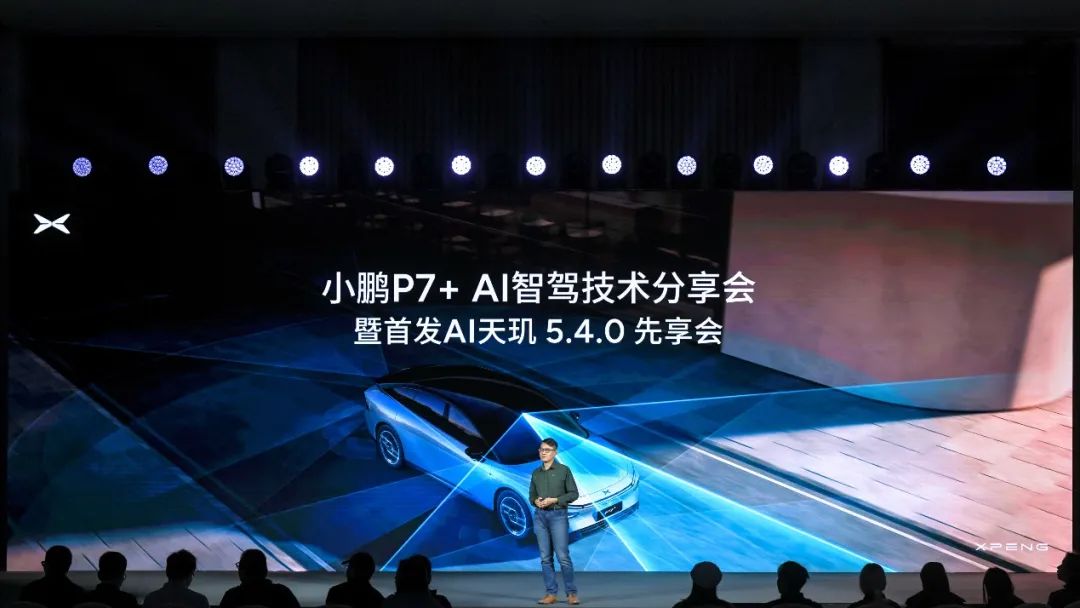
△Technology sharing session on XPeng's AI-driven driving
Are cars labeled with AI popular?
Although more and more automakers are now eager to label their products with AI, are these models really popular with consumers? The history of automobile development can be traced back to a century ago. During this time, although the power mode, design, and parameter levels of automobiles have continuously improved and evolved, the core remains unchanged: the driver is at the center. AI-driven cars are not traditional intelligent connected vehicles that complete simple operations through driver commands but rather mobile intelligent robots with learning and decision-making capabilities.
Currently, most vehicle models are equipped with intelligent driving systems that can only achieve L2-level intelligent assistance functions. Even Tesla's Autopilot, which has always been highly regarded, requires the driver to keep their attention on the road. The core remains unchanged. AI-driven cars, on the other hand, need to reach L4 or even L5 levels, which means humans will no longer need to drive and can simply input their destination. An AI-driven car must first achieve autonomous driving and, secondly, become a "partner" that can engage in real-time and in-depth communication with users, endowing AI with human-like cognitive abilities and adapting to users' travel needs through self-optimization and self-iteration.
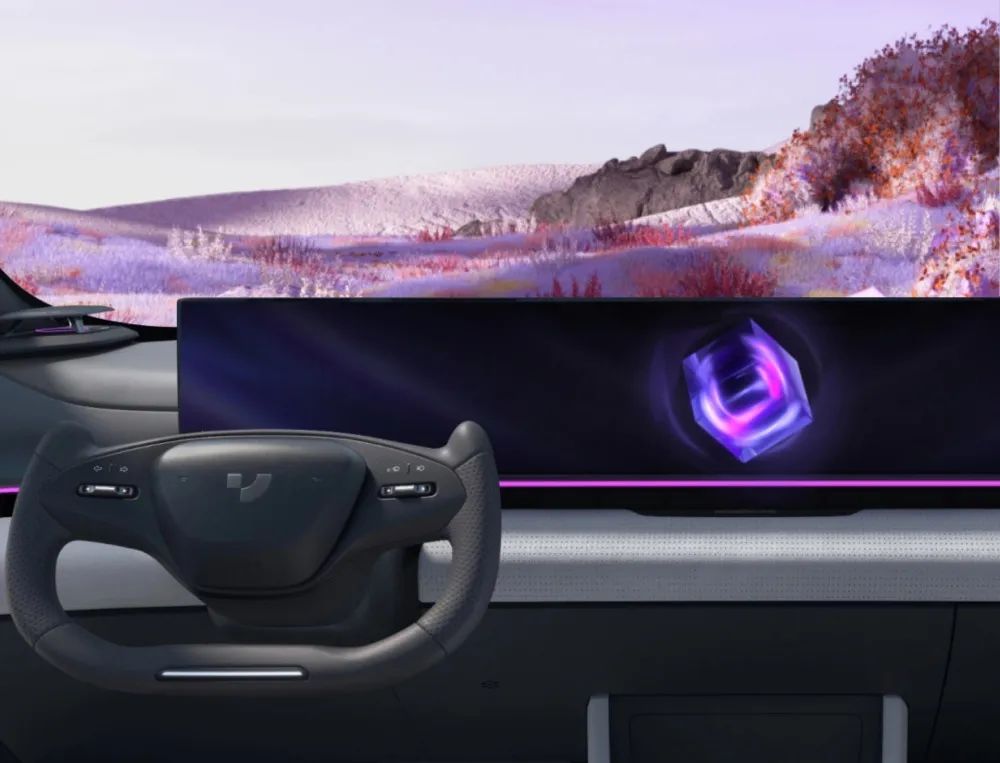
△An AI-driven car is a "partner" that can engage in real-time and in-depth communication with users
Will consumers entrust their lives to AI-driven cars? Changing consumers' traditional perceptions is a daunting task for automakers. However, when new energy vehicles were first promoted, they also faced many doubts and obstacles. Nowadays, new energy vehicles are ubiquitous, and it is only a matter of time before AI-driven cars are accepted. But for automakers aiming for an AI transformation, breaking through numerous technical bottlenecks is necessary. AI-driven cars require three core elements: computing power, algorithms, and data. Traditional automakers rarely have sufficient funds and technology to undertake this task, so it has been the new energy vehicle makers, who have more or less connections with internet companies, that have been actively promoting it.
Commentary
AI-driven cars are not just empty talk. Xia Yiping, the former CEO of JiYue Auto, once commented, "You can't do well in intelligent driving without 50 billion yuan." This means that mass production and stable operation of AI smart cars require a lot of time and funding. There is still a long way to go before consumers recognize AI-driven cars.
(This article is originally created by Heyan Yueche and may not be reproduced without authorization)

